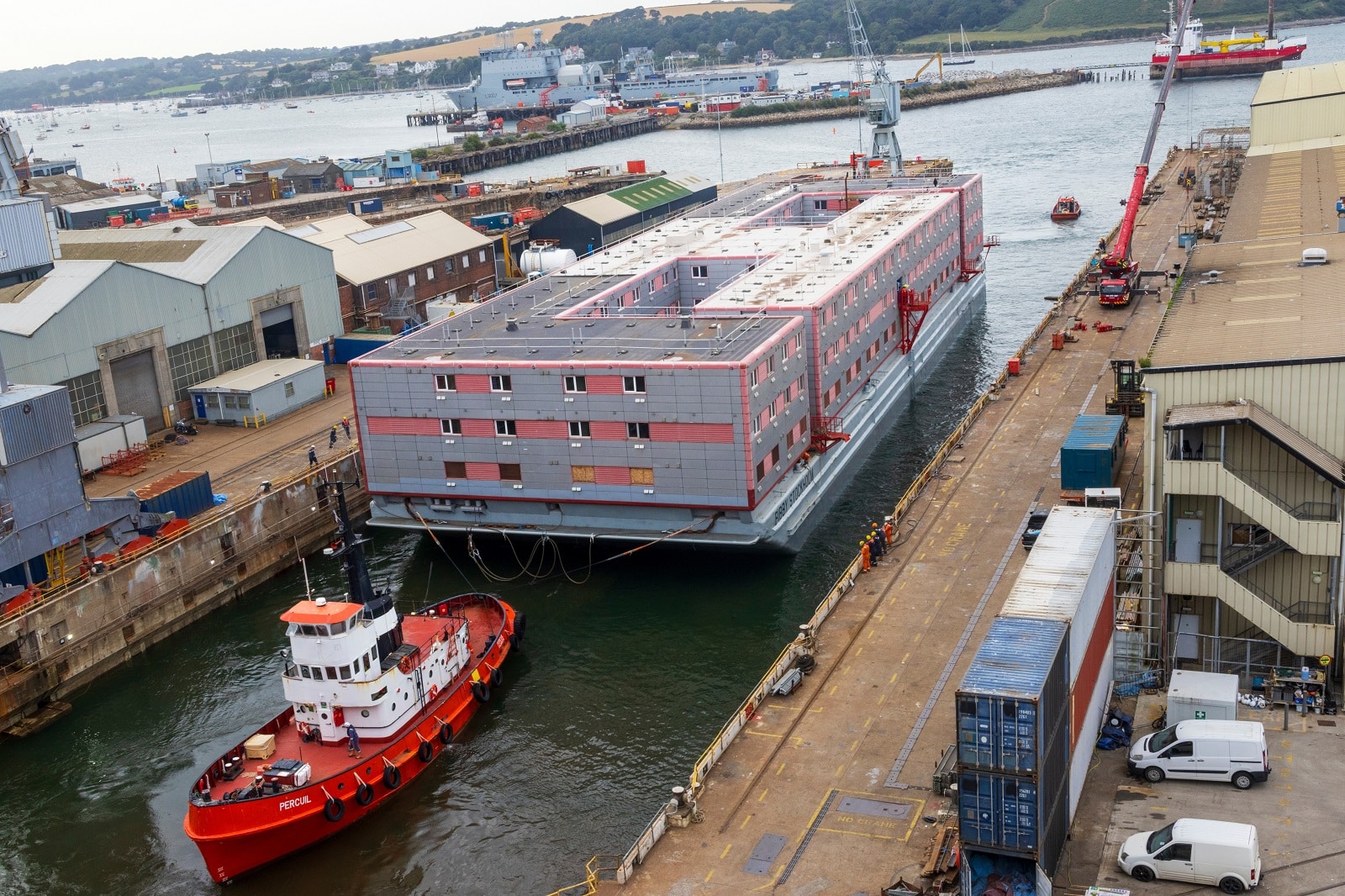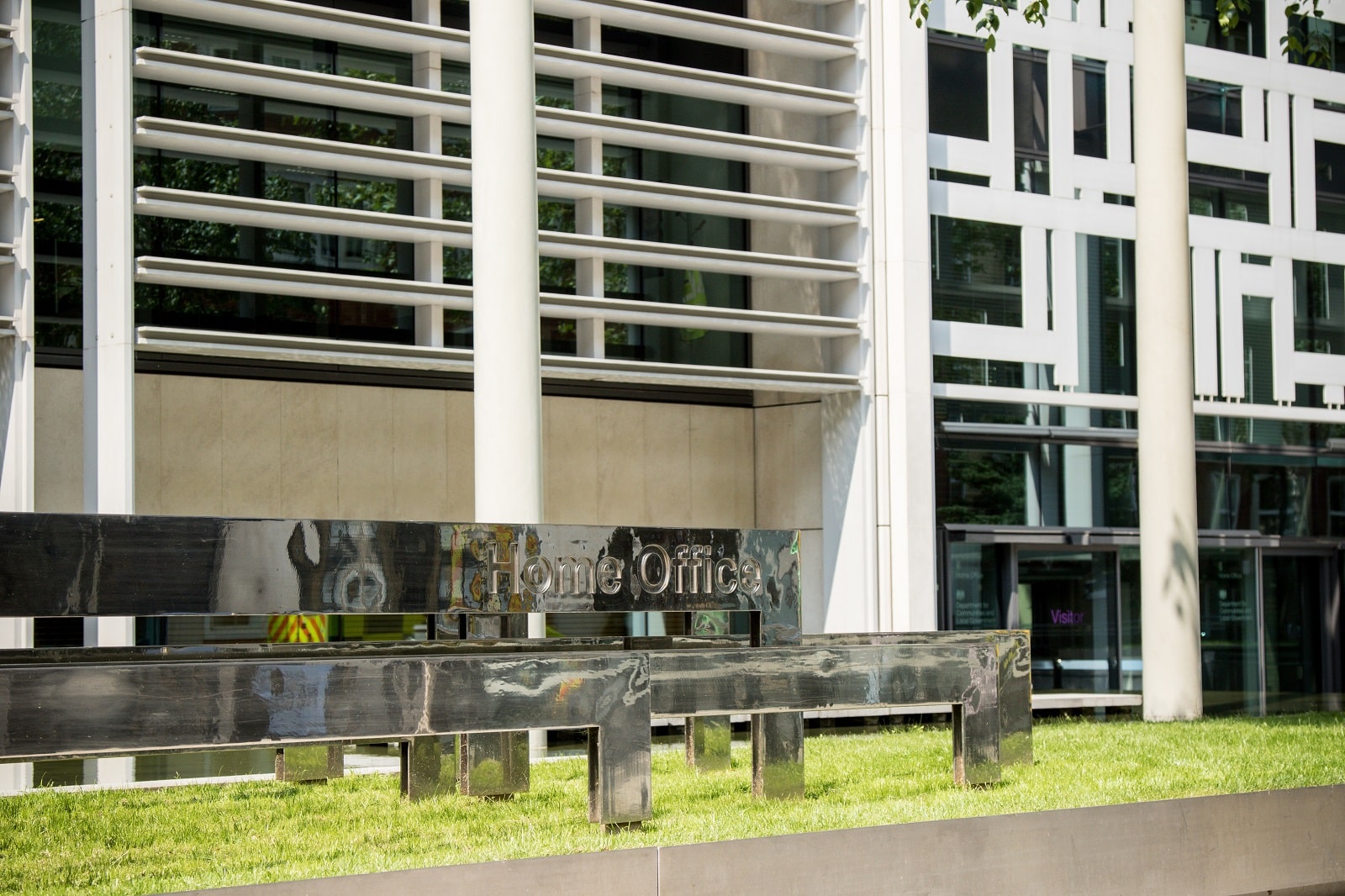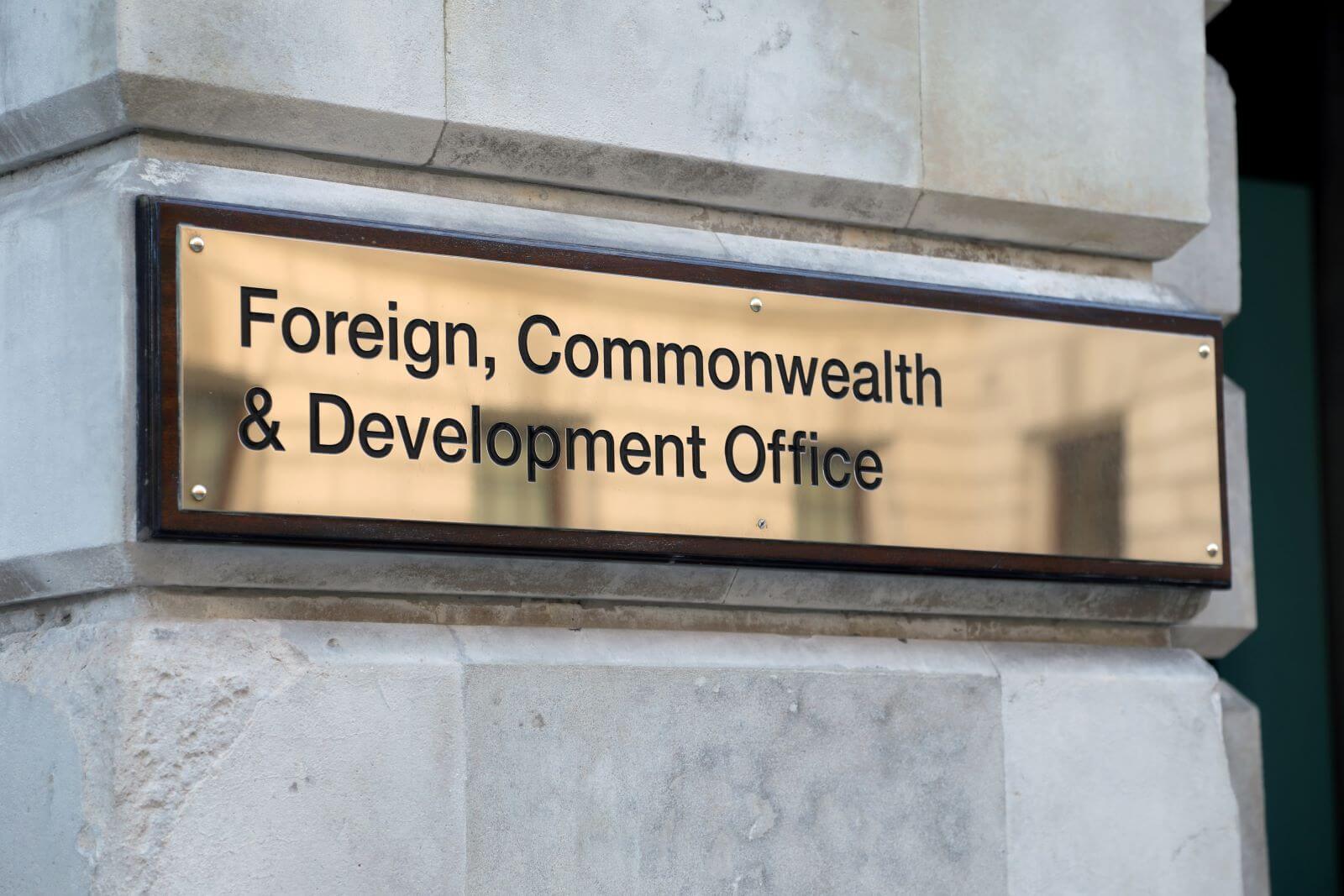Amidst mounting scrutiny, the UK government faces criticism for diverting its overseas aid budget to cover domestic refugee support, prompting concerns over the efficacy and integrity of international development efforts. Here’s the full story.
Constant Controversies

The relationship with the UK government and asylum seekers has been a difficult one, both recently and historically, with near-constant controversies over the Rwanda plan, the Bibby Stockholm barge and the constant news stories complaining about the Home Office housing asylum seekers in hotels.
Reduction of Asylum Seekers

The government has tried many different strategies to reduce the number of asylum seekers and immigrants coming into the country, as well as the amount of money spent on taking care of them.
Overseas Aid Budget

Recently, the UK government’s allocation of the overseas aid budget, which, unsurprisingly, was spent on overseas aid, has been instead used to accommodate and support refugees within the country’s borders, which has caused considerable controversy.
£4.3 Billion

The decision to utilize the not inconsiderable £4.3 billion, which comprised the aid budget, and use it instead to sustain refugees within the UK has drawn an avalanche of criticism from the Independent Commission for Aid Impact (ICAI), citing detrimental effects on the Foreign, Commonwealth, and Development Office (FCDO) development partnership.
27.9% of the Aid Budget

Official statistics have revealed a significant shift in expenditure, with 27.9% of the total UK aid budget in 2023 directed towards supporting first-year housing and food costs for refugees within the UK.
£600 Million

This represents a massive increase of over £600 million from previous allocations, which were used to feed and house refugees.
“Perverse Incentives”

ICAI has argued that this approach creates “perverse incentives” and burdens the FCDO with the “financial hit” caused by the Home Office’s overspending.
“Donor Refugee Costs”

The ICAI’s most recent report stated, “We find that donor refugee costs, far from reducing, have actually increased.”
“Extremely High Costs”

It continues, “Value for money risks have not been reduced, given that the same number of asylum seekers are accommodated in hotels as of 31 December 2023 (45,768 people) as there were on 31 December 2022 (45,775), at extremely high costs to the UK taxpayer, much of which is covered by the official development assistance (ODA) budget.”
“Maximalist Approach”

The watchdog criticizes the “maximalist approach” adopted by the government, which diverges from strategies employed by other major donors.
“Not Good Value For Money”

According to the report, this approach “leads to the aid budget being spent in a manner that is not good value for money nor in line with UK international development strategic priorities. As a result, such a maximalist approach undermines the integrity of the ODA concept, which is about supporting development and reducing poverty in developing countries.”
Staggering Costs

The report also underscores the staggering costs incurred by the Home Office, with daily expenses for asylum seeker accommodations reaching £8.2 million, funded exclusively through the aid budget.
No Sign of Slowing

Despite the reduction in the number of hotels the Home Office uses to house asylum seekers, which has reduced by a quarter, the spending shows no sign of slowing.
£9.47 Billion

The FCDO has emerged as the largest spender of UK ODA, with £9.47 billion spent, while the Home Office’s expenditure amounts to £2.96 billion.
£2.5 Billion Top Up

Although the Treasury injected an additional £2.5 billion over two years to mitigate rising refugee costs, the increase in spending has been insufficient to cover the ever-escalating expenditures.
Broader Trend

Aid analysts have stressed that this represents a broader trend in UK aid expenditures, which have increasingly targeted domestic initiatives over projects in countries that receive UK aid.
“Masking a Bigger Problem”

The steady increase in domestic expenditure within the UK raises concerns among aid analysts. Ian Mitchell from the Centre for Global Development in Europe stated, “Headline figures showing the government spent 0.58% of the country’s income on aid are masking a bigger problem.”
“Huge Expenditure”

He continued, “There has been huge expenditure within the UK – the new figures show record spending on refugee-hosting, which, with other domestic spend, means the government is now spending over 50% of the £9.9bn bilateral aid budget within the UK.”
“Greater Share”

Mitchell added, “Over the last decade, every year has seen the UK spend a greater share of its bilateral aid within its own borders: rising from a low of 6% in 2013, to the 48% figure in 2022.”
International Development at Risk

The diversion of the overseas aid budget to accommodate refugees within the UK poses significant challenges to the efficacy and integrity of the UK’s international development efforts.
Reevaluating Strategies

The ICAI criticism underscores the need to reevaluate aid spending strategies to ensure that asylum seekers within the UK are treated fairly without neglecting the causes the UK has committed itself to supporting through the overseas aid budget.
Costly Road

Whether the government will take any notice of the recommendations or if they will continue along the ever more costly road it has chosen remains to be seen.
More Articles Like This…
Broken Britain: 12 Reasons Behind the UK’s Decline
Say the Unsayable: 10 Occasions When Farage Spoke His Mind About Britain
The post “Havoc” – Cost of Refugee Housing Eats into Foreign Aid Budget on first appeared on Edge Media.
Featured Image Credit: Shutterstock / Sean Aidan Calderbank.
Grant Gallacher is a seasoned writer with expertise in politics and impactful daily news. His work, deeply rooted in addressing issues that resonate with a wide audience, showcases an unwavering commitment to bringing forth the stories that matter. He is also known for satirical writing and stand up comedy.

